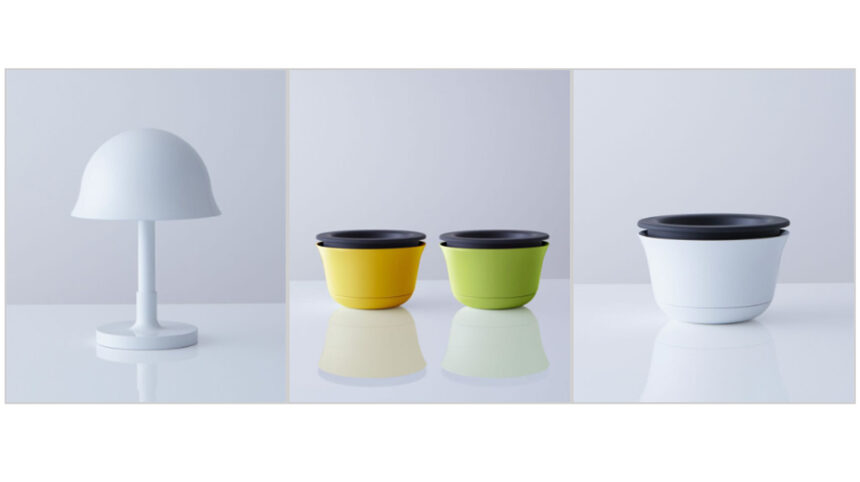In Japan, earthquakes are a constant worry; in 2022, 268 people will die as a result of seismic activity. Nearly 29,000 people were impacted at its worst in 2011, which was the highest. Tanizawa, a manufacturer of safety helmets, thinks that having ready access to safety helmets during such circumstances could save lives.

Tanizawa and J. Walter Thompson collaborated on a ground-breaking endeavor to address this problem that sought to preserve lives by appealing to Japan’s aesthetics as opposed to solely safety considerations. Tanizawa claims that helmets’ weight and unsightly look are a significant barrier to their widespread availability.
The +MET Project was created in response and introduced a line of helmets that smartly double as fashionable household products, integrating in easily with daily life while being ready for use during an earthquake. They’ve made some notable inventions including a multipurpose lamp that can also be used as a helmet and flashlight and a plant pot that can double as a safety helmet.

The difficulty is that nobody wants to have a helmet around in their home area, said Go Sohara, Executive Creative Director of J. Walter Thompson Japan. To fix that, we chose to build a premium product that, at first appearance, you wouldn’t even recognize as a helmet. In order to offer these cutting-edge safety products in home furnishing stores and a variety of shops rather than the traditional DIY home centers where emergency equipment is generally found, the project sought the skills of an interior designer, not a typical helmet designer.







